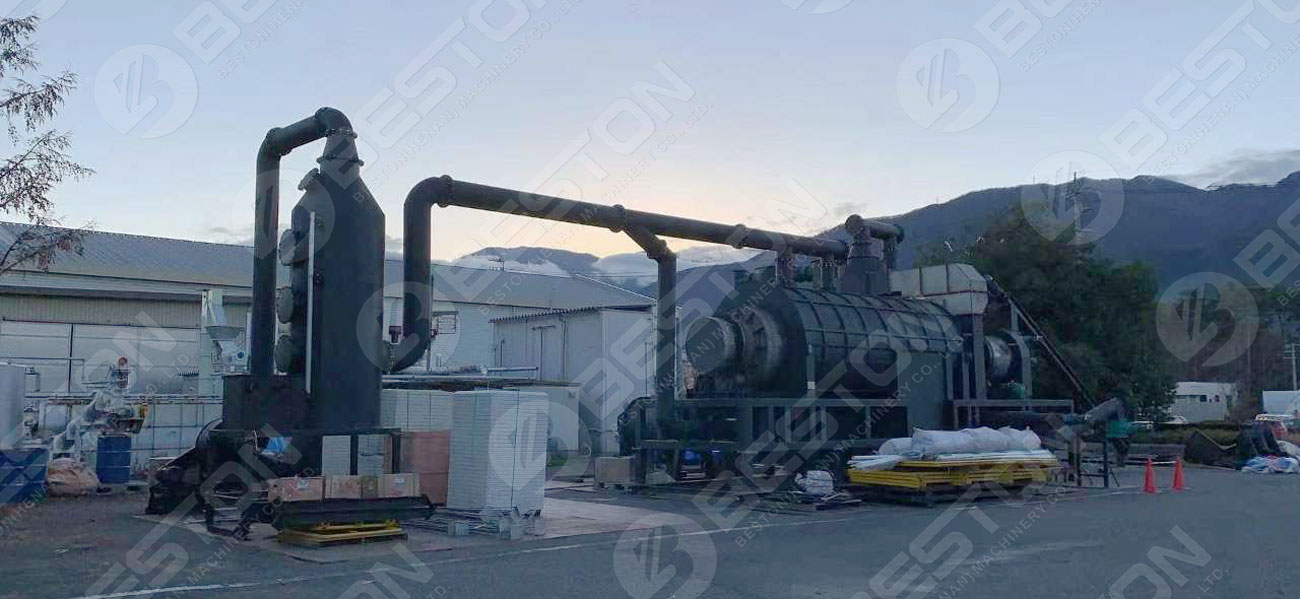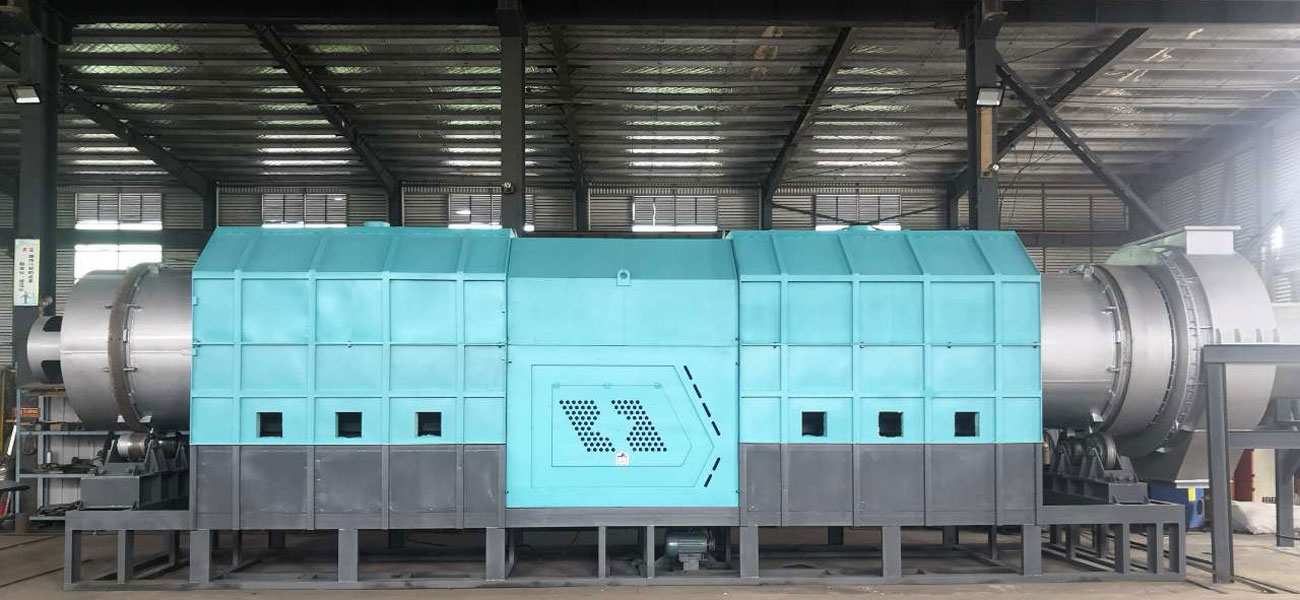Across the globe, waste management and sustainable development have become increasingly critical topics. With the growth of population and industrialization, the generation of biomass waste has reached staggering levels. However, there is untapped potential hidden within this waste that can be harnessed to create wealth and promote a greener future. This is where charcoal making machine come into play.
The charcoal making machine is an innovative technology designed for efficient and eco-friendly charcoal production. It utilizes a combination of high temperatures and controlled oxygen levels to convert organic materials, such as wood, coconut shells, and agricultural waste, into high-quality charcoal. This versatile machine not only reduces waste and minimizes deforestation but also provides a sustainable solution for fuel and carbon sequestration.
Versatile Applications of Charcoal
Charcoal, produced by carbonization machine, has a wide range of applications across various industries. One of its primary uses is as a fuel source. The high energy content and long burning time of charcoal make it an ideal choice for cooking and heating, particularly in regions with limited access to traditional fuels. Additionally, charcoal is widely used in industrial processes, such as metallurgy and chemical production, where its high heat intensity and low impurity levels are crucial.

Moreover, charcoal finds applications in the agricultural sector as a soil amendment. Its porous structure enables it to retain moisture and essential nutrients, improving soil fertility and promoting plant growth. In the realm of healthcare, activated charcoal has gained popularity for its ability to adsorb toxins, making it an effective treatment for poisoning and drug overdose. Furthermore, charcoal is utilized in the cosmetics industry as an ingredient in skincare products, owing to its excellent adsorption properties.
Benefits of Charcoal Making Machines
Biochar machine offer several advantages over traditional charcoal production methods, leading to increased efficiency and reduced environmental impact. Firstly, these machines utilize advanced pyrolysis technology to convert biomass waste into charcoal. Pyrolysis involves heating the biomass in the absence of oxygen, resulting in the release of volatile compounds and the production of high-quality charcoal. This process significantly reduces harmful emissions and prevents air pollution, making it a cleaner alternative to traditional charcoal production techniques, such as open burning.
Secondly, charcoal making machines are highly automated, enabling continuous operation and enhancing productivity. The use of modern machinery and control systems ensures precise temperature control, optimized carbonization, and improved product consistency. Moreover, these machines are designed to utilize a variety of biomass feedstocks, including crop residues, wood chips, and sawdust, offering flexibility and adaptability to different waste streams.

Market Prospects and Sustainability
The market prospects for charcoal made from biomass waste are promising, driven by increasing environmental awareness, the need for sustainable energy solutions, and stringent regulations on waste management. Governments, organizations, and individuals are recognizing the economic and environmental benefits of adopting biomass pyrolysis plant to convert biomass waste into a valuable resource.
In addition to domestic consumption, there is a growing demand for biomass charcoal in international markets. Developed countries, in particular, are embracing the use of sustainable and renewable energy sources, creating opportunities for exporters of biomass charcoal. Furthermore, the versatility of charcoal and its applications across various industries ensure a steady and diverse market for this eco-friendly product. Want to know more, please see Beston Group.